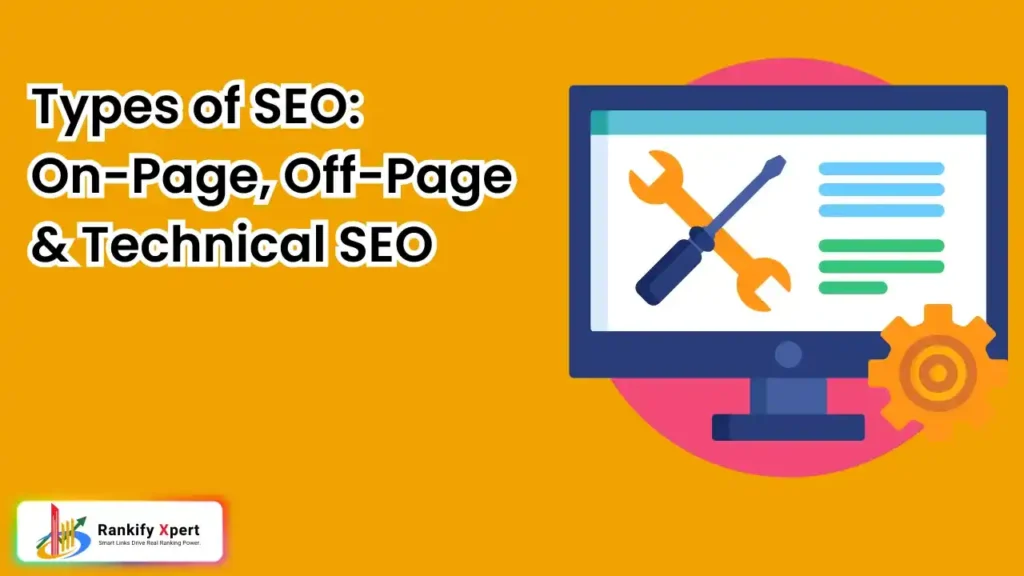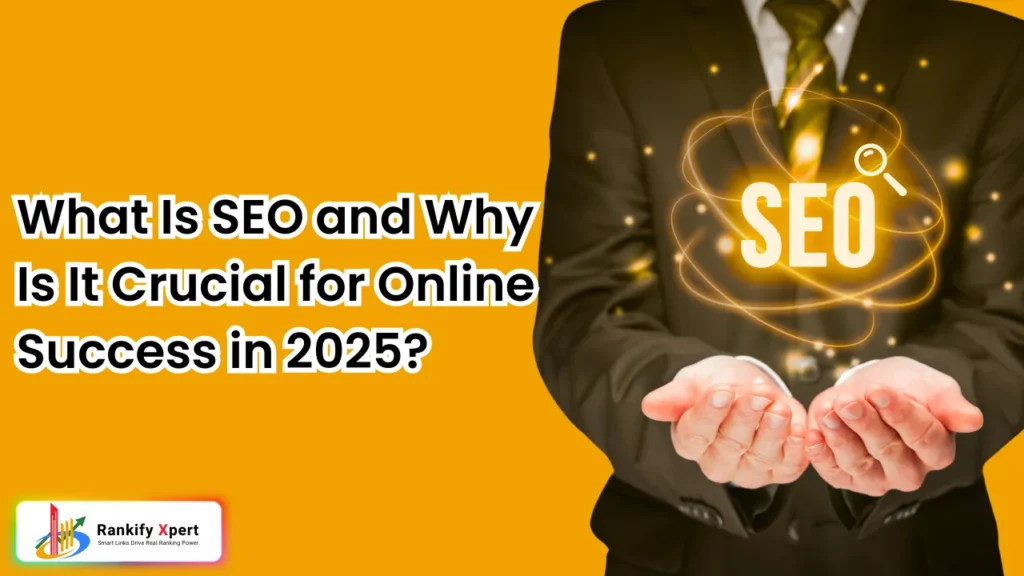Hidden Power of Purposeful Backlinks, Why Quality Ignites Conversions
In the fast-moving world of SEO, where algorithms change instant and trends fade just as fast, one thing balance constant backlinks still rule the game. So for, not every link carries the same weight. The real magic isn’t in how many links you have, but in having purposeful backlinks the kind that spark genuine engagement, earn trust, and ultimately drive conversions. Picture your website not just climbing search rankings, but becoming a trusted brand your audience believes in. That’s the hidden power of quality backlinks they don’t just send traffic; they attract the right people who are ready to take action. Still, many marketers get it wrong. They focus on quantity over quality, chasing backlinks that look good in analytics but deliver little in real results. The truth is, modern link building has evolved. It’s no longer about random placements or spammy exchanges. It’s around strategy, relevance, and authority. When your backlinks arrive from credible, niche-relevant sources, they amplify your visibility and power source your conversion growth. In this guide, you’ll discover how purpose-driven link building, when done with clarity and intent, can turn your website from simply being seen to truly being trusted and influential. The Era of Meaningful Links: Why Quantity No Longer Wins There was a time when websites ranked high just by collecting thousands of backlinks. But today, SEO has changed completely. Google now focuses on quality backlinks, not quantity. What truly helps your site grow is building authentic connections from relevant and trusted websites. In this new era, meaningful links carry real SEO value. A few contextual backlinks from reputable sources can boost your domain authority more than hundreds of random ones. It’s not about getting more links; it’s about earning the right ones that drive organic traffic and build trust signals with both users and search engines. The Backlink Overload Myth Many marketers still fall for the idea that more backlinks equal better rankings. They buy low-quality links, submit to every directory, and chase link quantity instead of link equity. The result is predictable: lots of traffic but no engagement or conversions. When backlinks lack relevance or contextual connection, visitors may click but quickly leave. These links don’t build trust or authority; they only inflate numbers. Google’s algorithms are now smart enough to detect link spam and ignore irrelevant signals. What works best are editorial links placed naturally within useful, topic-related content. Remember, one relevant backlink from a niche authority can outperform hundreds of generic ones. Focus on value, not volume. How Google’s Algorithms Reward Relevance and Authenticity Google’s modern ranking system is built around E-E-A-T Experience, Expertise, Authoritativeness, and Trustworthiness. Each backlink is treated like a digital recommendation. When credible websites mention you, it strengthens your trust flow and SEO authority. Authentic backlinks come from websites that share your niche, use natural anchor text, and provide value to readers. Google rewards these with higher organic rankings because they reflect genuine content relevance and expertise. On the other hand, automated link schemes or irrelevant mentions create an unnatural pattern. That’s why maintaining a natural link profile is essential for long-term ranking stability. When Too Many Links Turn Toxic Getting too many backlinks too fast can do more harm than good. Google may see it as a sign of manipulative link building and issue a penalty. Many site owners have lost traffic, rankings, and credibility due to toxic backlinks from spammy or unrelated domains. Imagine putting in months of effort to grow your brand, only to see your site drop in search results overnight. It’s not just a technical loss; it’s emotional too watching your work fade because of bad link choices. Toxic backlinks drain your site’s authority, reduce organic visibility, and damage your brand reputation. That’s why regular backlink audits, disavowing harmful links, and focusing on ethical link building are crucial steps for sustainable SEO success. Real success comes from patience, relevance, and integrity. Build purposeful backlinks that reflect your brand’s credibility and expertise, and your growth will stay strong for years. What Makes a Backlink Truly Purposeful? A purposeful backlink isn’t just a clickable URL. It’s a bridge built on trust, relevance, and intent. The best backlinks don’t exist just for algorithms; they exist for people. They connect your content to the right audience in a meaningful, human-centered way. When a backlink naturally fits into valuable content, it enhances both user experience and SEO authority. It tells Google that your website adds genuine value to ongoing conversations in your niche. Purposeful backlinks are like digital recommendations from voices that matter links that inspire confidence and drive authentic engagement. Relevance that Resonates with Humans (Not Just Crawlers) The most powerful backlinks live inside relevant, context-driven content where readers actually care. It’s not enough for a site to just mention you; the mention needs to make sense within the story being told. When a marketing blog links to your SEO insights or a fitness coach mentions your wellness guide, those links feel natural and add value to readers. That’s contextual relevance something both users and search engines respect. Google now measures how well your backlink fits the semantic context of the page. So, focus on niche alignment, topic depth, and content harmony. When your links are placed in content that matches your message, they don’t just boost rankings they connect emotionally with real humans, not just crawlers. Credibility that Transfers Trust Think of backlinks as trust signals. When a respected site in your industry mentions you, it’s like borrowing trust from the giants of your niche. This digital endorsement tells both users and search engines that your content is credible, safe, and worth exploring. A backlink from an authoritative domain carries the weight of its reputation. It passes link equity, strengthens your domain authority, and builds long-term SEO momentum. For example, if a recognized marketing platform links to your article on link-building strategies, that one mention can transform how your brand is perceived. Trust flows both ways the source lends its authority, and your



